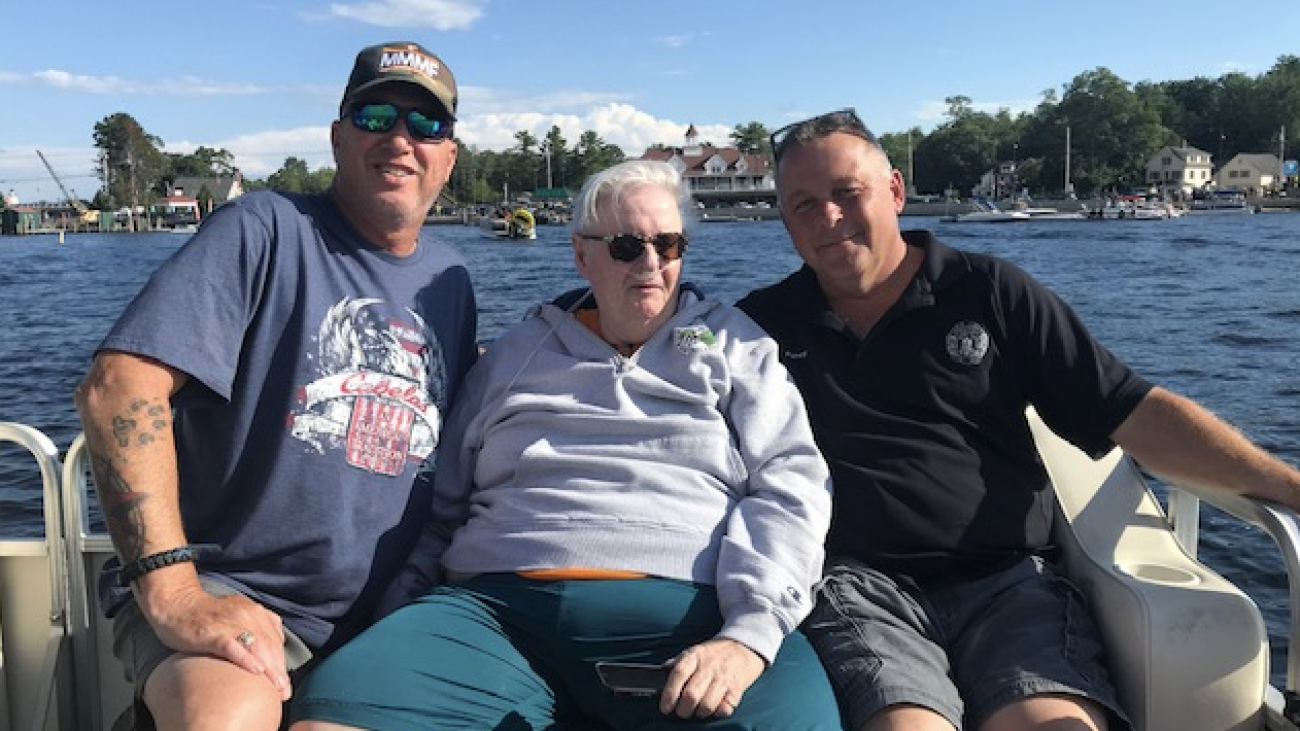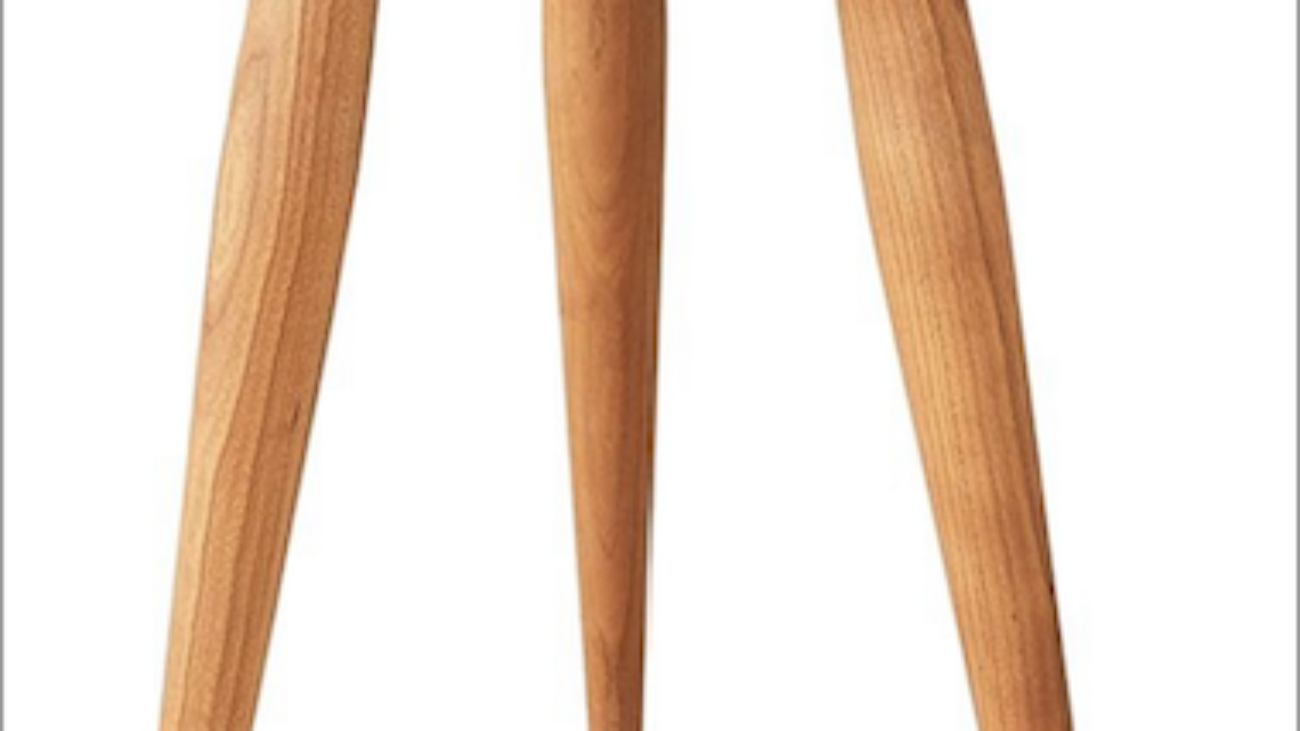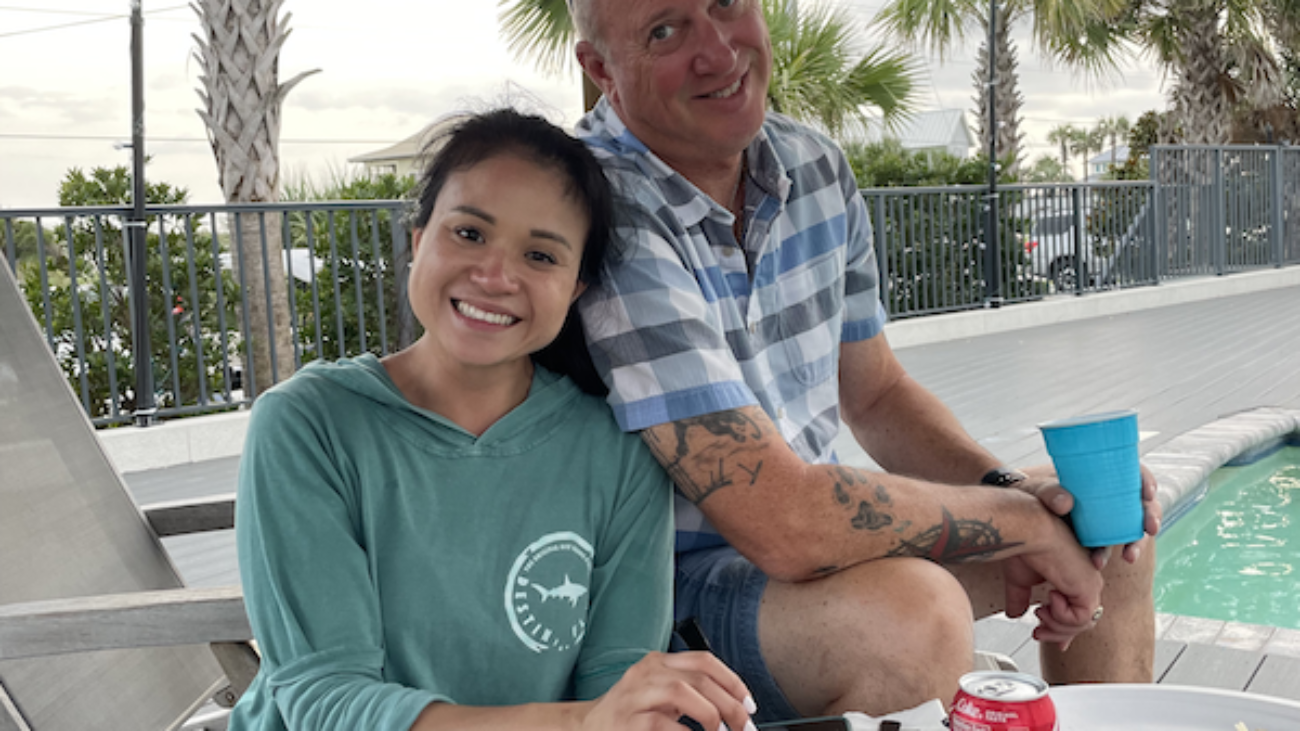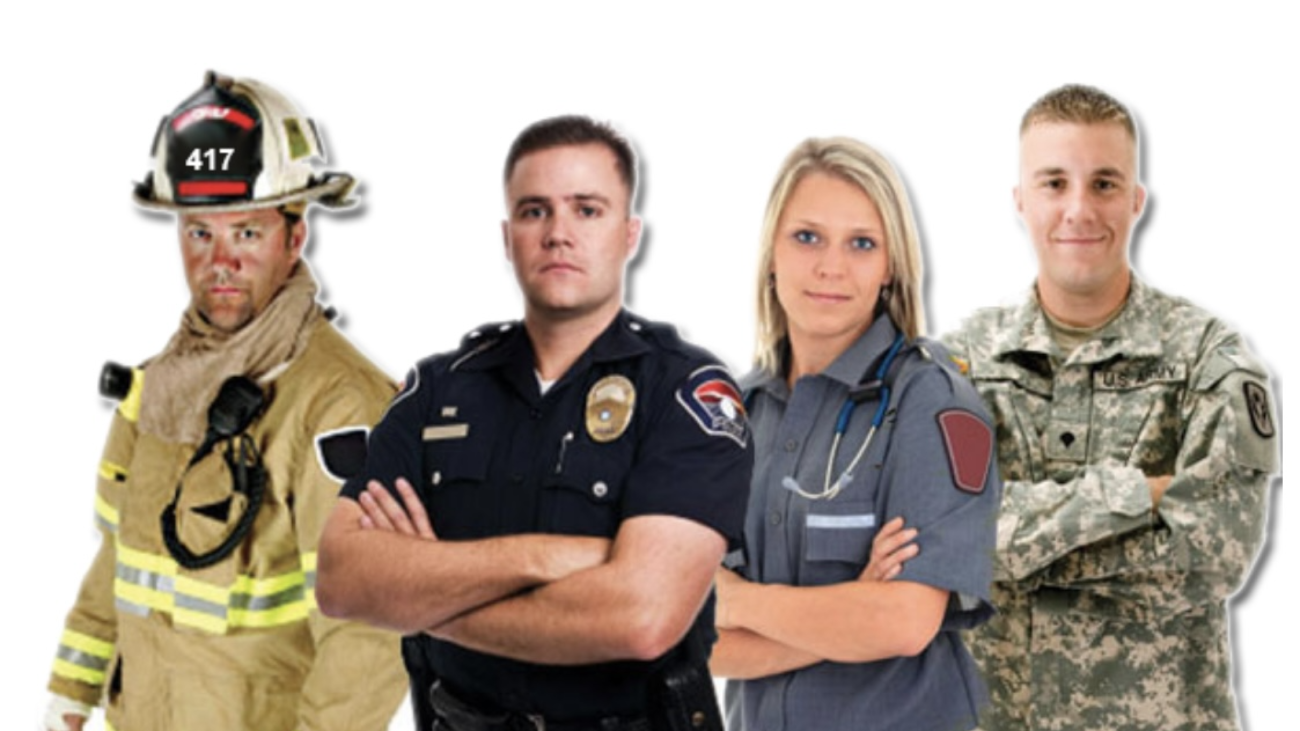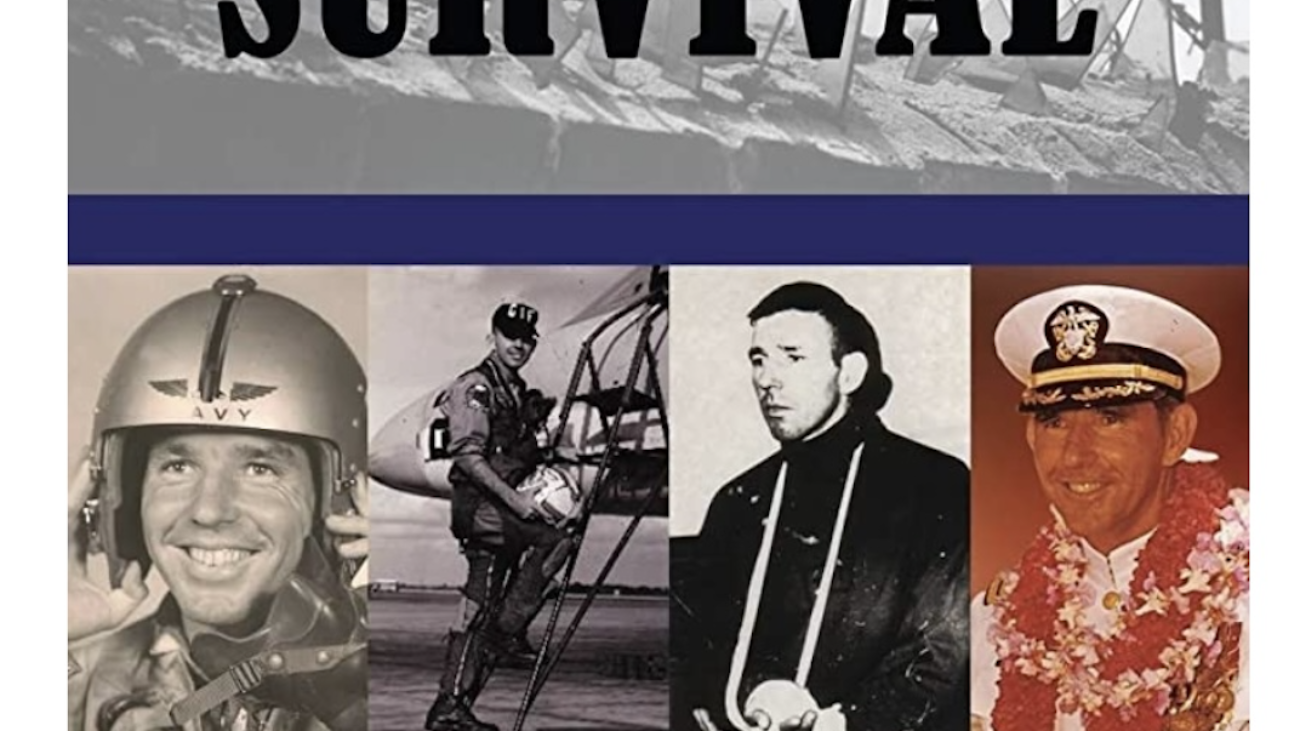Much has been said recently about finding balance between your work life and personal life. While it is important to keep things in perspective, it is also important to realize who you are really working for…and why? I was on call from pretty much 1997 through 2017 and my phone would ring on a regular basis. I foolishly answered that phone and went where I was presumably needed. Unfortunately, when I was called into work something bad had happened to somebody else. Perhaps there was victim who has been assaulted, robbed, or in some cases they actually lost their life. It wasn’t always enjoyable, but it was what I chose to do as a police officer.
I thought that I was pretty important for way too many years. I needed to be at the scene to make sure everything was done properly, so justice could be found for the victim if possible. I never complained and I frowned upon others who did because we were simply doing our job. Hindsight is 20/20, but I now realize that I wasn’t that important…I was simply a cog in the wheel of the criminal justice system. I found that out quickly when I retired in 2017 after thirty years of dedicated service. Somebody else took my place as that cog and the wheel never stopped turning. Nobody called me to ask for my advice, my phone stopped ringing, and whatever questions were raised were answered by somebody else. This is not meant as a complaint, simply a reality of my situation at the time.
I am not “old” by any means, but I do think that as we progress in years we take some time to look back on where we have been. Memories are solidified in our minds of the good times and the success that we’ve realized, but there are often more questions than answers. I have been blessed in so many ways, and I sure hope if you’re reading this that you have been as well. The question I’d like you to consider is who do you really work for? More specifically, who do you work hard for? You ponder that question and I’ll give you my take on it.
I was once a soldier and I thought that I was working hard for my country. As a police officer, it was my belief that I was working hard for my community. When I landed in the corporate world, I convinced myself that I was working hard for the company that paid me. I now think that I was wrong on all counts.
I have always worked hard and tried to improve, but at the end of the day I did so for myself and the few people that I worked with, side by side. Those few people who counted on me and I counted on them. We spend too much time worrying about what others think of us and how we perform, but it is how we feel about ourselves that is most important. You have to want to be good because YOU want to be good. It doesn’t matter if you work in the private or public sector, you are simply a number. You are a means to an end and you are replaceable in a moment’s notice. We are all replaceable and don’t fool yourself into thinking otherwise.
These blogs are designed to get the reader to think…outside the box if necessary. Do you believe that your employer truly cares about you or your well-being? Perhaps, if it is a small family run company that could be the case. Corporations and agencies create policies and procedures that are designed to protect the company…not you. That isn’t to say that they don’t “care”, but it does mean that you need to be realistic. You should remind yourself often that you’re not that important, regardless of your title or position. You can push yourself to the brink and make miracles happen for whoever you work for, but will that always be enough?
It is always a good idea to follow those policies, but you should never lose sight of who you are and what you believe in. You may get paid by your employer, but when you really break it down you work hard for you! You want to be a good employee because you are that type of person. You want to work hard because that is who you are. You want to support those close co-workers because they’re there to support you. If you work hard and take pride in what you do, there will always be a place for you somewhere. It may not be where you are right now, but you will land in the right place because of…you guessed it, YOU!


